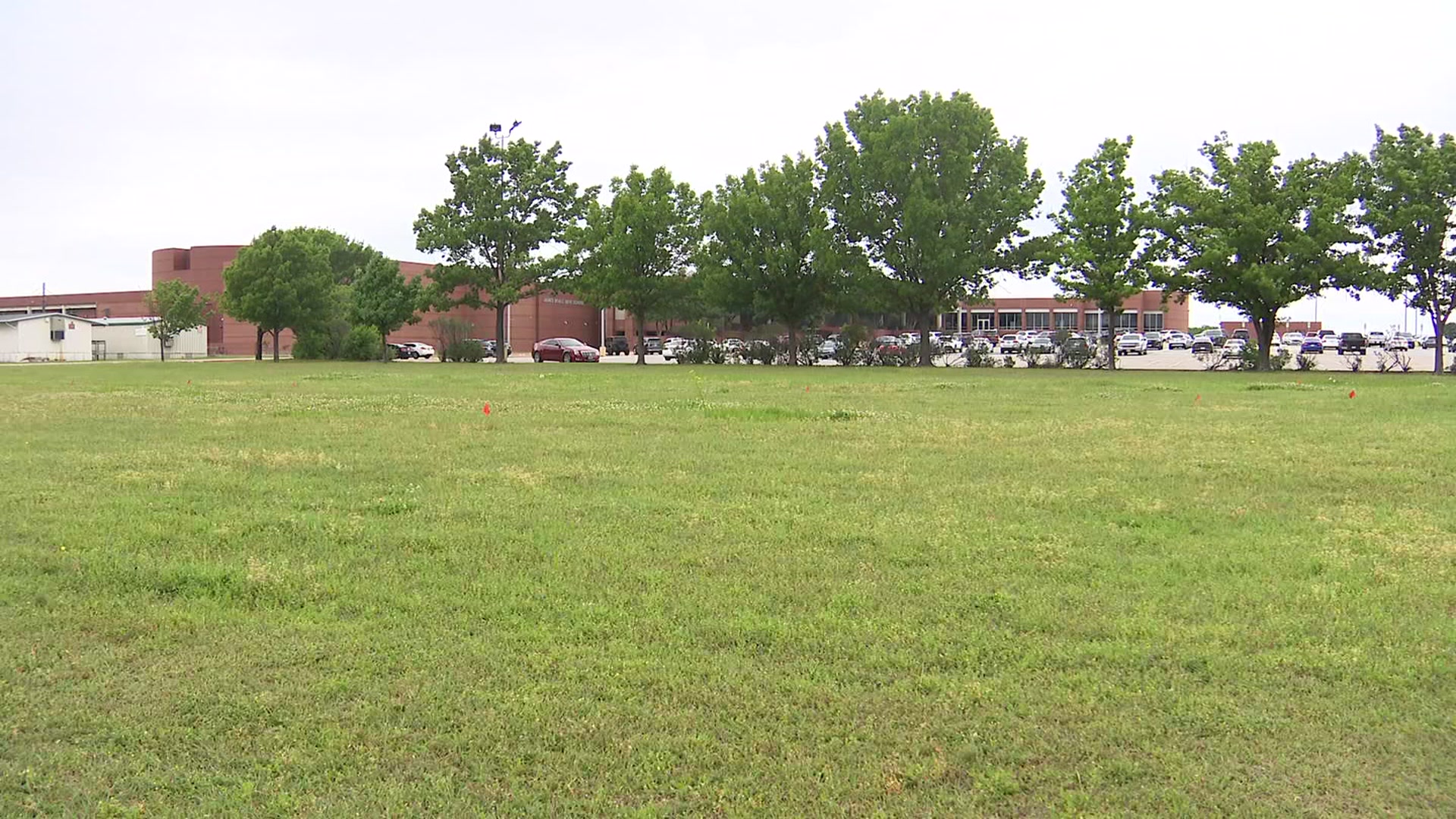For 35 years, Equest has provided equine facilitated therapies and programs to children and adults with disabilities.
“For some, the relationship with a horse is really the key to everything,” said Navy Fighter Pilot Jeff Hensley. Hensley is the Clinical Director at the non-profit Equest.
In 2012, Equest expanded to serve U.S. veterans and their families.
“Yes, this is the first horse I ever rode out at Equest,” said Veteran Mike Gregory while helping saddle Jax, one of Equest’s 48 therapy horses.
Gregory served in the Army National Guard from 1990-1999. He said it was early on when he noticed something was wrong.
“I developed it while I was at basic training,” Gregory said. “I’ve got a neurological disorder, which causes poor posture and over the years I picked up some bad habits.”
He said equine therapy has made a huge difference for him.
Local
The latest news from around North Texas.
“Riding horses has helped me to gain more strength and more muscle control,” said Gregory.
There’s also what you can’t see; things like controlling your emotions, learning to trust and forming a new friendship without using words.
“You can’t talk your way into a relationship with them [horses],” said Hensley. “You have to be authentic. You have to be emotionally vulnerable. You’ve got to be willing to let yourself feel something in order to connect with them.”
For Gregory, horses have also instilled a new sense of accomplishment; from finally getting Jax to trot, which is a lot harder than it looks, to the courage to ride competitively.
At the National Snaffle Bit Association World Championship Show in Tulsa, Gregory earned third place in a veterans’ Heroes on Horses walk trot competition and he got to take home a belt buckle, trophy and a t-shirt he was proudly wearing on the day of this interview.
“That was the first thing that I’ve ever won, so it felt good, really awesome,” said Gregory.
“The confidence building it does for both veterans and children is just amazing,” said Andy Steingasser, volunteer chairman of the Equest Board of Directors. “To see people who are struggling—no matter if it’s emotionally, physically, any aspect of their life—once they are in charge of a horse or part of the team as a volunteer, it really brings the best out of people and increases their self confidence.”
The work at Equest was recently helped by an anonymous donor pledging $100,000 in matched funds. That money will go to help provide equine therapy for veterans, adults and children.
“It’s kind of cliché what they say, ‘miracles happen every day here,’” said Steingasser. “We’ve seen children who’ve never laughed before that are so severely autistic laughing for the first time when a horse sneezes on them, to mothers who’ve never seen dirty shoes because their kids are in wheelchairs all of a sudden having the reward of washing their children’s shoes. Children that are normally sitting on the sidelines watching their siblings are now the main focus of an activity.”
You can learn more about Equest, which has locations in Wylie and Dallas, on their website.
Additional Facts provided by Equest:
- Equest utilizes over 400 community volunteers each week in order to provide a safe and effective program to over 1,200 individuals annually. Volunteering can begin at age 14 (training provided).
- Equest was named the 2015 “Nonprofit of the Year” by CNM Connect
- Equest is accepting new clients at both locations and serves over 100 different diagnosis including Autism, Down syndrome and Cerebral Palsy.
- Hooves for Heroes is a mental health wellness program and is offered free of charge to U.S. veterans and their family members.
- The therapeutic benefits from riding and interacting with a horse consistently provides these types of improvements:
- Physical -The horse rhythmically and naturally moves the body in a manner similar to the human gait, improving posture, balance, core strength, muscle control and provides cardiovascular benefits.
- Emotional/Social – Interaction with a horse increases concentration, improves sequential thought processing, increases the ability to articulate emotions, develop spatial awareness/orientation and expands self-esteem, awareness and self-discipline.
- Quality of Life - Individual goal progression that is making a positive impact on daily living skills, independence and peer-to-peer and family relationships resulting in increased socialization and participation at home, work/school and in their community.



